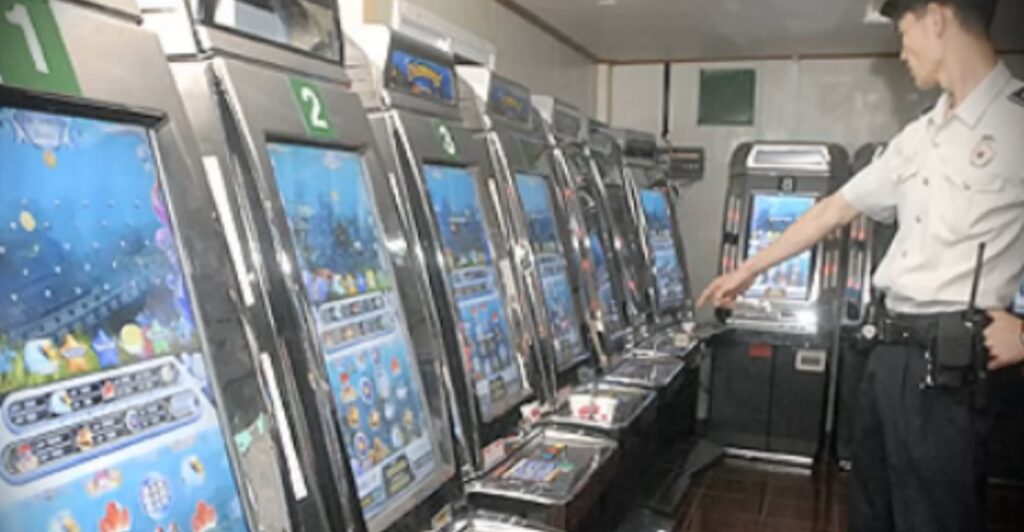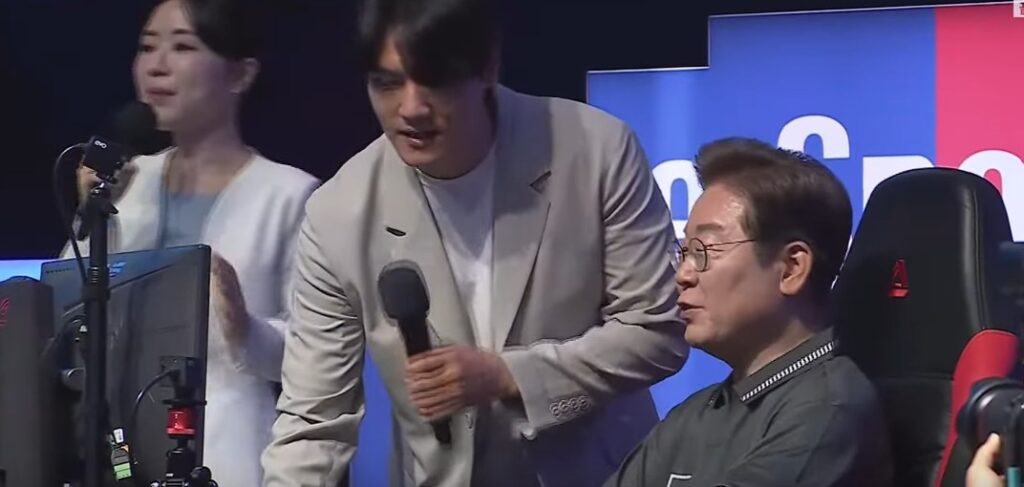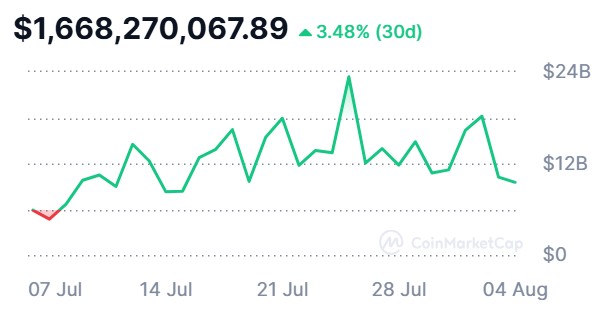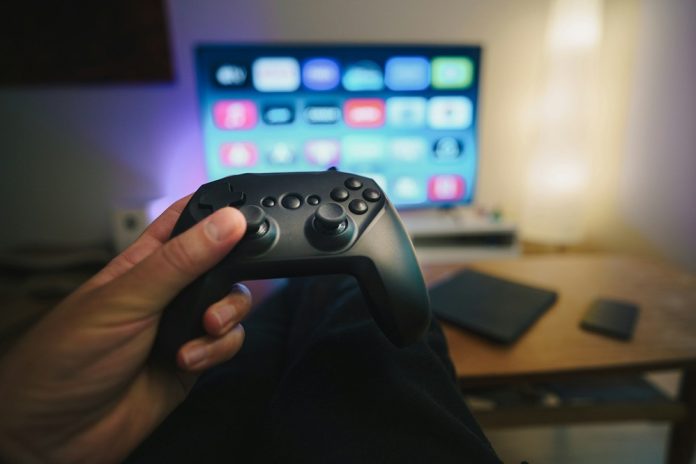South Korean legal experts say that the domestic blockchain gaming sector remains in limbo following landmark court rulings that declared non-fungible tokens (NFTs) to be “a form of gambling.”
Recent political changes in South Korea may lead to a shift in the gaming and cryptocurrency regulatory landscapes.
However, lawyers say that gaming firms are still struggling to overcome court rulings that NFT-powered games have an inalienable “gambling” element, the domestic media outlet Bloter reported.
As such, experts agree that market entry remains “impossible” for domestic gaming firms that want to develop blockchain-powered games.
Gambling Tag Still Applies to NFTs in South Korea
Lee Cheol-woo, a lawyer specializing in the video games industry, explained: “South Korea has more regulations on gambling than most other countries.”
Lee also noted that several landmark video game cases have had a formative effect on domestic regulation that gaming firms cannot ignore.
He gave the example of the Sea Story (Bada Iyagi) video game case from the start of the century.
A major scandal erupted over Sea Story, an arcade game released in 2004. The arcade game’s operator, A1Biz, sold more than 45,000 Sea Story machines. Its CEO was arrested and jailed in 2007 for violating gambling rules.
The machines distributed gift certificates, rather than cash, to winners. But courts eventually determined that the game was highly addictive in a manner that closely mimicked gambling.

Lee said: “During the Sea Story incident, a connection was established between gambling and video games. That is why regulations on gambling in games are particularly strict here.”
Game Rating & Administration Committee Acts as Industry Watchdog
However, two more recent cases, both involving blockchain games, have seen the same logic applied to NFT- and crypto-powered games.
Both involve the Game Rating and Administration Committee (GRAC). The body is responsible for issuing age-limit certificates for gaming titles.
Without a GRAC certificate, gaming firms cannot list their titles on major domestic app marketplaces. This means distributors lose access to platforms like Google Play and the Apple App Store.
In 2023, the Seoul Administrative Court upheld the GRAC’s decision to revoke its rating for the Sky People-developed NFT game Five Stars for Klaytn.
The court ruled that the NFT items offered as prizes in the game were “gifts.” Such gifts, it said, are prohibited by the Game Industry Promotion Act.
It also stated that the game “encouraged gambling and offered illegal prizes.” The court said that the combination of “paid transactions and random structures” was too close to the mechanisms of gambling games.
Lee explained: “According to the terms of the Game Industry Act, clauses that ban ‘prizes with property value’ also applies to virtual assets. And that is why NFT games are banned. NFTs maintain their value outside game platforms. This is why courts consider them to have a higher value as prizes.”
New President Promises Pro-Gaming Reforms
The GRAC’s decision, the subsequent court ruling, and a similar case from 2021 about another blockchain game mean that all games with NFT, Play-to-Earn (P2E), and Web3 elements are essentially banned in South Korea “under the pretext of gambling,” the media outlet wrote.
Domestic game companies have revised their business models. Some have completely ditched NFT functionality, while others quit the South Korean market.
However, hope has sprung for gaming firms in the form of political change. President Lee Jae-myung was elected in June this year, promising both pro-gaming and pro-crypto industry reforms.
Lee has suggested he will deregulate both industries. However, a draft crypto bill remains stuck in the National Assembly’s committee stage.
A few weeks before the election, Lee visited an e-sports event, where he said (per the Korea Herald): “In the past, by classifying games as an addictive substance, South Korea, once a leading nation in gaming, was overtaken by China. [I think] it is important not to treat games as we do drugs.”

Lee has suggested he may look to private-sector solutions for game-rating decisions. Removing the GRAC from the equation could offer blockchain gaming firms a sliver of hope.
Five Stars for Klaytn is a role-playing game (RPG) that issues game items and characters as NFTs. It then binds these to players’ wallets.
Users can then trade these items via peer-to-peer transactions or sell them on third-party exchanges.
Many of South Korea’s largest gaming companies, including Wemade, Netmarble, and Com2uS, have launched major blockchain-based titles. But all have found themselves locked out of the domestic market.
Maximalist Positions on Both Sides
The media outlet noted that the global blockchain gaming market is expected to reach a value of $26.5 billion in 2034.
This would represent a 10X increase from 2024 figures. Experts say growth is likely to center on mobile titles.
Bloter wrote that while Washington, Tokyo, and others have found solutions for NFT games, “only South Korea remains stuck in the dichotomy of ‘NFT ownership = gambling.’”
Lee, however, suggested that reformers and their critics are locked in a “tense stand-off,” with both adopting maximalist positions.
He suggested that solutions could revolve around removing “game of chance” elements and blocking minors from downloading NFT-powered games.

Kim Jeong-tae, a professor in the Video Game Studies Department at Dongyang University, suggested that terms like P2E should be discarded if reformers want to make progress. Kim said: “If we clearly define the standards for permission and prohibition through clear […] regulations, it may be beneficial to try something experimental in this regard.”
Earlier this month, police and lawyers issued a warning to South Korean website creators. They warned that web developers could face jail time if they help build websites for illegal casino operators.

